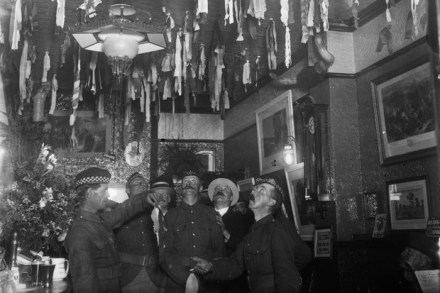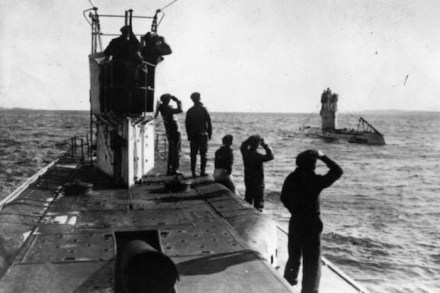The return of the fountain pen
Every working day before I start pounding the keyboard of my ridiculously flashy 27-inch iMac, I perform a little ritual. I straighten the fountain pens I keep on my desk, and make sure they are fully inked. Though I always have an eye for my next acquisition, I currently have just six pens, which are fuelled by four bottles of ink I keep next to them — Waterman black and serenity blue, Pelikan turquoise and Parker red. Three of the pens are Parkers, and my clear favourite is the greatest mass-produced pen of all time, the sleek Parker 51, with the distinctive hooded nib which first appeared in 1941, yet looks





















